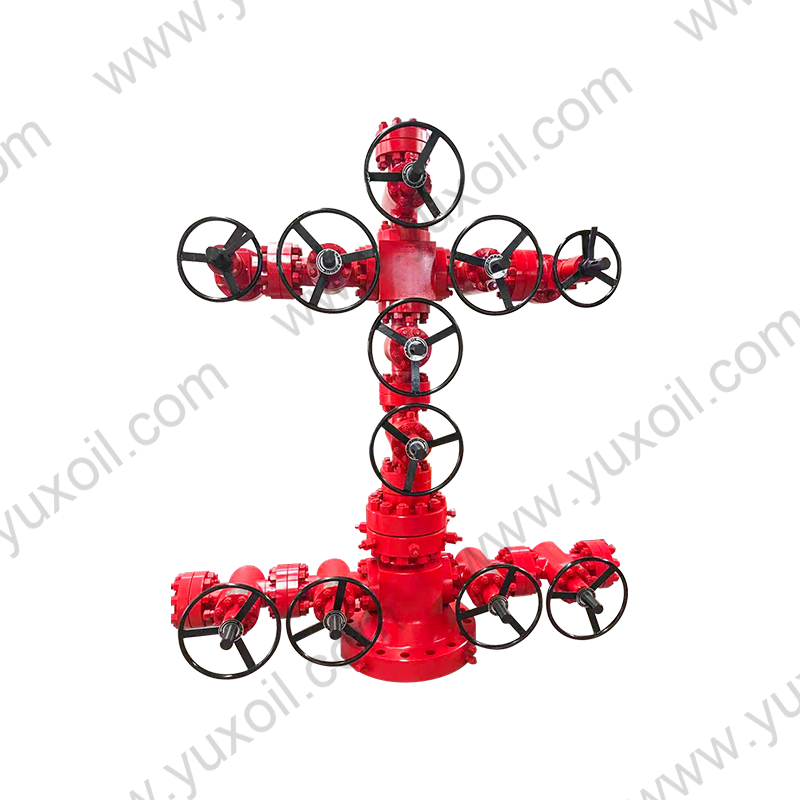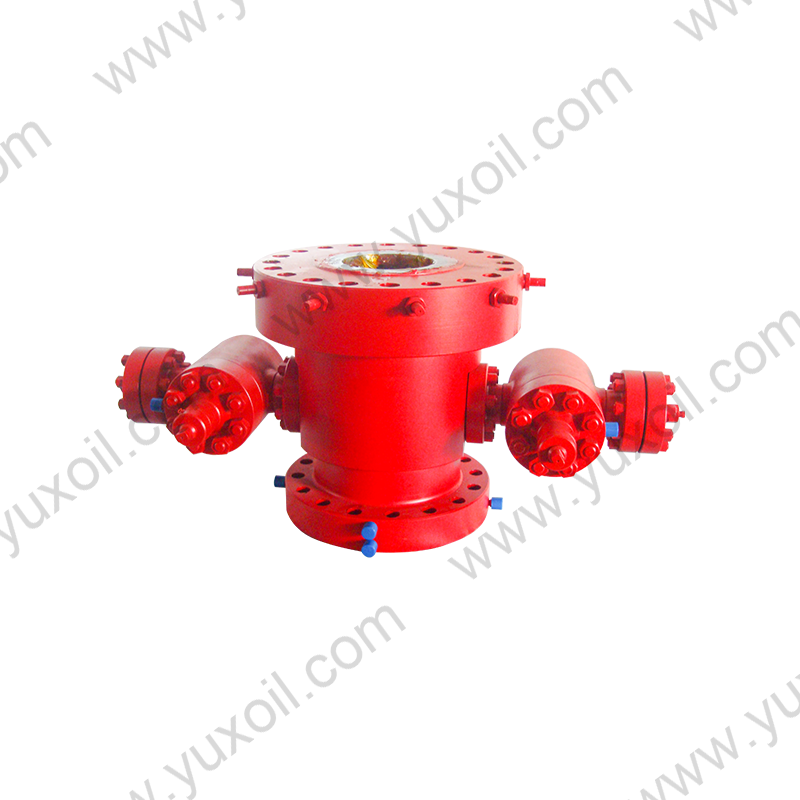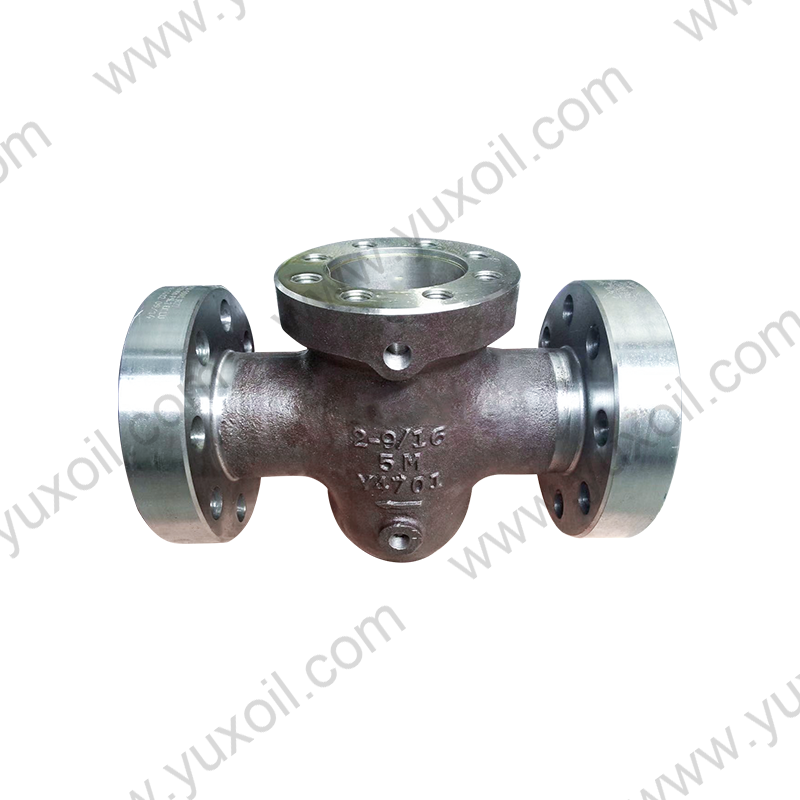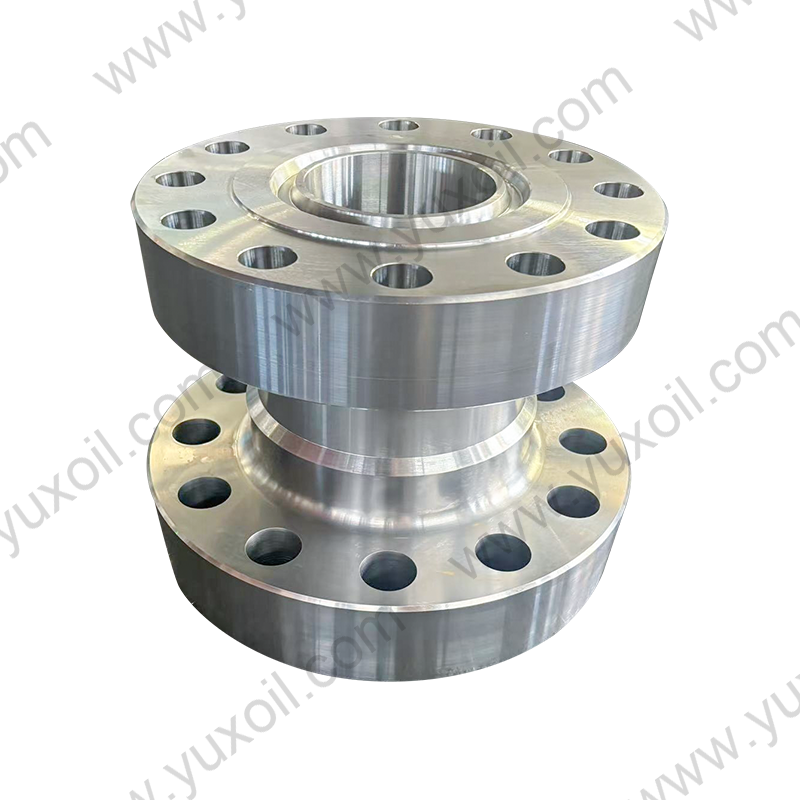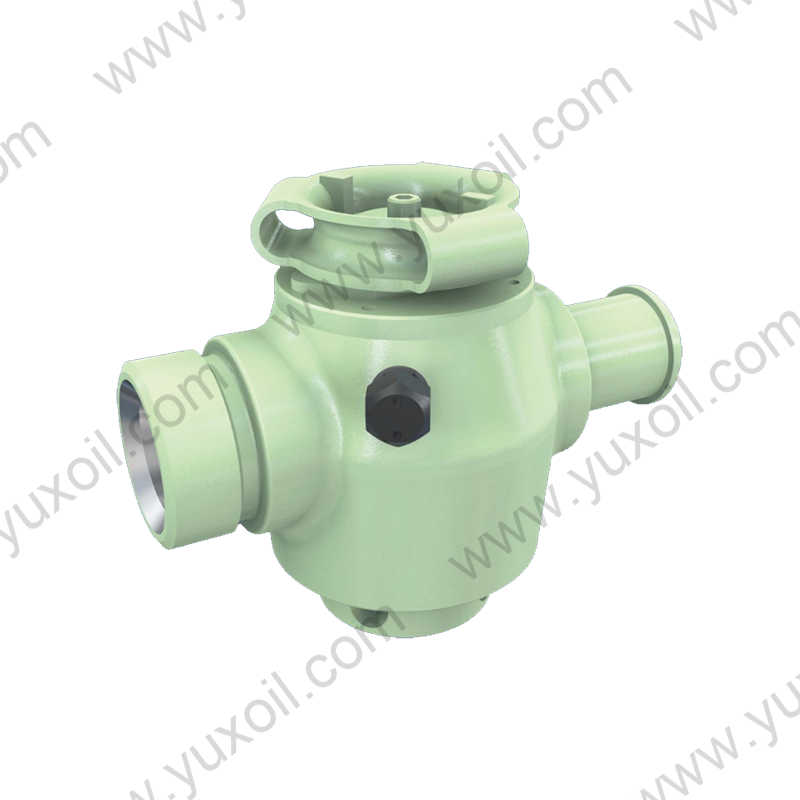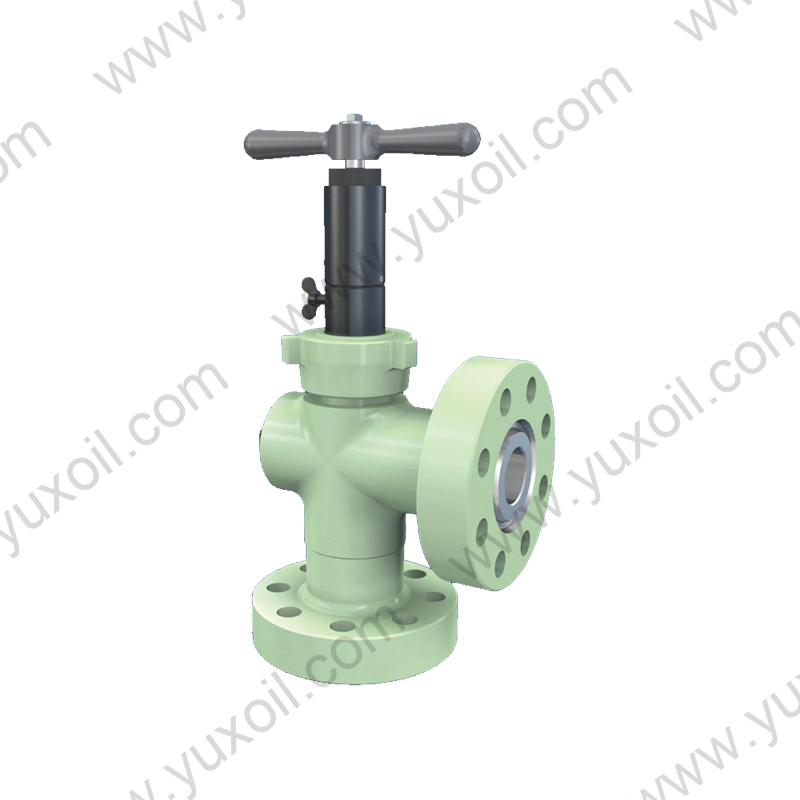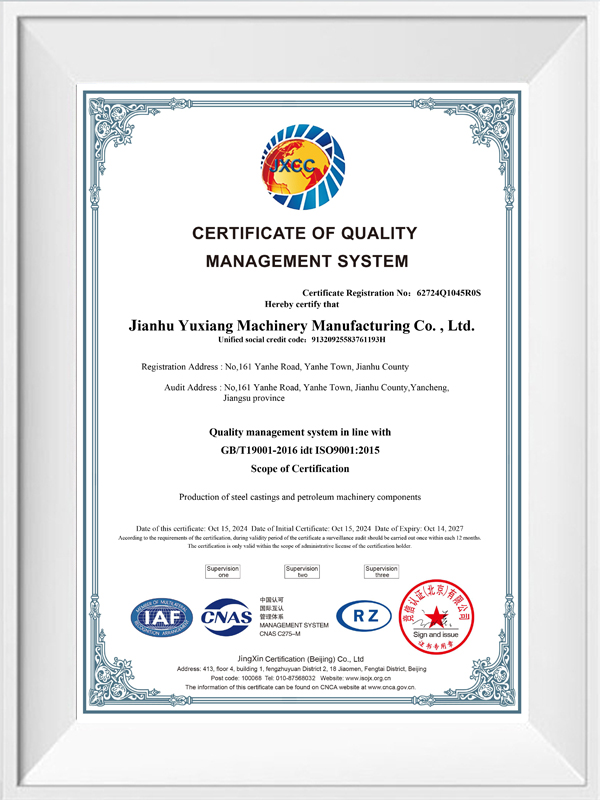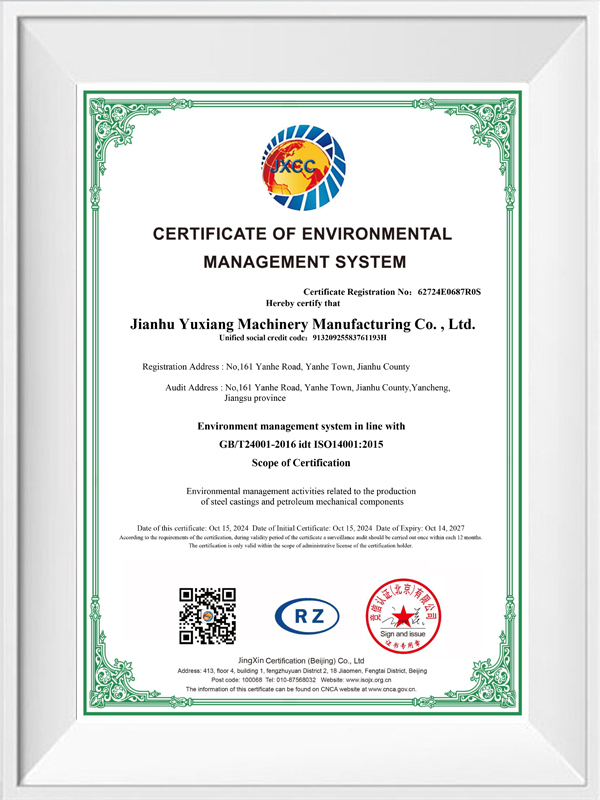1.Casting Process: Cost-Effective and Complex Shapes
Casting is a widely used method for manufacturing valve bodies, particularly when there is a need to produce complex shapes that are difficult to achieve with other techniques. This method is also highly cost-effective, making it the preferred choice for high-volume production runs. The casting process begins by melting the chosen metal, such as steel, aluminum, or iron, and pouring it into a pre-designed mold. As the molten metal cools and solidifies, it takes on the shape of the mold, resulting in a finished part that requires little to no additional shaping.
One of the key advantages of casting is its ability to produce intricate and detailed shapes, such as those required in many industrial valve body designs. Complex internal passages, thin walls, and detailed surfaces can all be easily achieved in casting, which would be much more difficult, if not impossible, to produce using other methods. This flexibility in design makes casting an attractive option for manufacturing valve bodies that need to fit into specific systems with precise functional requirements.
At Jianhu Yuxiang Machinery Manufacturing Co., Ltd., we utilize advanced casting techniques to produce valve bodies that meet stringent industry standards. Our foundries use high-quality molds and molten metals to ensure that each valve body we produce is dimensionally accurate and free from defects. In addition to this, casting allows for greater material utilization, as it can accommodate larger production volumes at lower cost. This makes it ideal for applications that require large quantities of valve bodies with relatively simple or moderately complex designs.
While casting is a cost-effective method with a high level of design flexibility, it is important to note that the mechanical properties of cast parts may not be as strong as those produced through forging. Cast valve bodies may have porosity or other internal defects that can affect their strength under extreme pressure or temperature conditions. However, with the proper techniques and quality control processes, such as heat treatment or surface finishing, the mechanical properties of cast parts can be significantly improved. Jianhu Yuxiang Machinery Manufacturing Co., Ltd. ensures that all of our cast valve bodies undergo rigorous testing to meet the performance and reliability requirements of our clients.
2.Forging Process: Enhancing Durability and Mechanical Properties
Forging is a manufacturing process that involves shaping metal by applying high pressure and heat, which results in significant improvements in the mechanical properties of the material. Unlike casting, which forms parts by cooling molten metal in molds, forging involves the deformation of metal at high temperatures, which refines the grain structure and increases the density of the material. This process enhances the strength, toughness, and overall durability of the valve body, making forged components ideal for applications where high pressure, extreme temperatures, or heavy-duty performance are required.
One of the key advantages of forging is its ability to produce valve bodies with superior mechanical properties. The high pressure applied during the forging process helps to align the grains of the metal in a way that strengthens the material, reducing the likelihood of internal defects such as porosity, cracks, or voids. This makes forged valve bodies much more durable and reliable, especially in applications where they will be exposed to extreme conditions or where failure could result in costly downtime or safety issues.
Forged valve bodies are commonly used in industries such as aerospace, automotive, and energy, where high-stress and high-performance environments are the norm. These industries rely on the strength and reliability of forged components to ensure the safe and efficient operation of their systems. At Jianhu Yuxiang Machinery Manufacturing Co., Ltd., we specialize in producing high-quality forged valve bodies that meet the rigorous demands of these industries. Our forging process involves carefully controlled heating, pressing, and cooling techniques to ensure the highest possible quality and consistency in every part we produce.
While forging is generally more expensive than casting due to the additional steps involved, it provides a level of strength and reliability that is critical in high-performance applications. Additionally, forged components typically have better fatigue resistance, making them more suitable for long-term use in harsh environments. At Jianhu Yuxiang Machinery Manufacturing Co., Ltd., we use state-of-the-art forging equipment and expertise to produce valve bodies that are both strong and reliable, ensuring they meet the demanding standards of our customers.
3.The Importance of Post-Processing in Valve Body Manufacturing
Regardless of whether a valve body is manufactured using casting or forging, post-processing is essential for ensuring that the final product meets the required standards for functionality, durability, and performance. Post-processing includes several steps, such as machining, surface treatment, and quality inspection, that help refine the valve body and ensure its suitability for its intended application.
Machining is a critical step in the post-processing of valve bodies. After casting or forging, the valve body often requires additional precision machining to achieve the desired shape, size, and finish. This could include turning, milling, drilling, or grinding operations to fine-tune the dimensions and features of the valve body, ensuring it fits with other components in the system. This process allows for the production of highly accurate and functional parts that meet tight tolerances.
Surface treatment is another important step in the post-processing of valve bodies. Surface treatments such as coating, polishing, or heat treatment can significantly enhance the performance and longevity of valve bodies. For instance, coatings like nickel plating or powder coating can improve corrosion resistance, while heat treatments such as annealing or tempering can improve hardness and wear resistance. These treatments are essential in ensuring that the valve body can withstand the harsh conditions it may encounter in service.
Quality inspection is crucial to ensure that the valve body meets all necessary specifications. At Jianhu Yuxiang Machinery Manufacturing Co., Ltd., we employ rigorous testing and inspection procedures at every stage of production. This includes visual inspections, dimensional checks, pressure testing, and material testing to ensure the valve body meets industry standards and customer requirements. Our commitment to quality control ensures that every valve body we produce is reliable, durable, and ready for deployment in demanding environments.



 English
English русский
русский Español
Español
